
Continuing our In Conversation series we spoke to HTS senior engineer Gustaf Granstrom-Steer. Gustaf works across many of the practice’s timber developments as well as playing a key role in the HTS Timber Focus Group, an internal forum committed to sharing knowledge and expertise in the field of engineered timber.
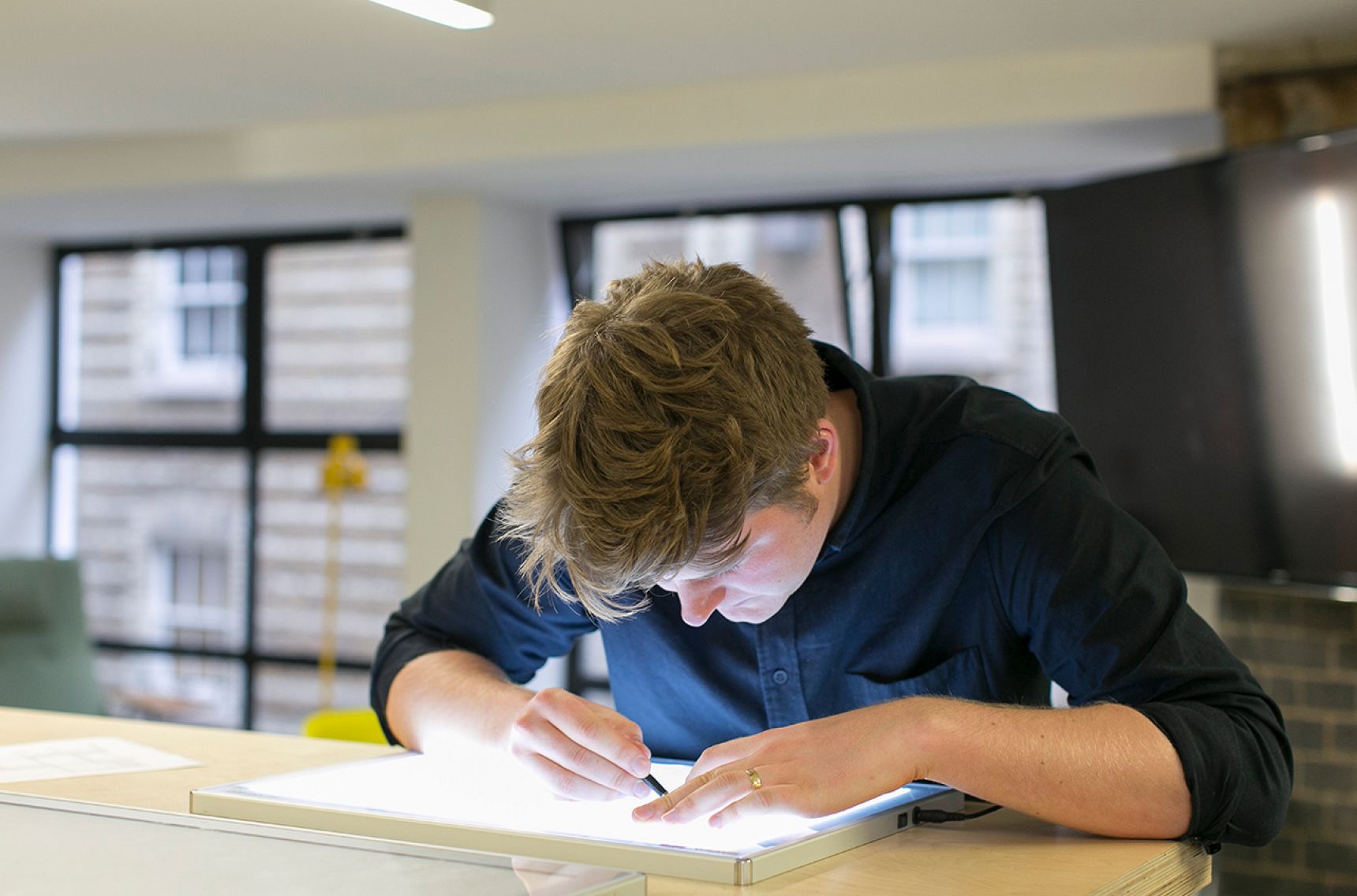
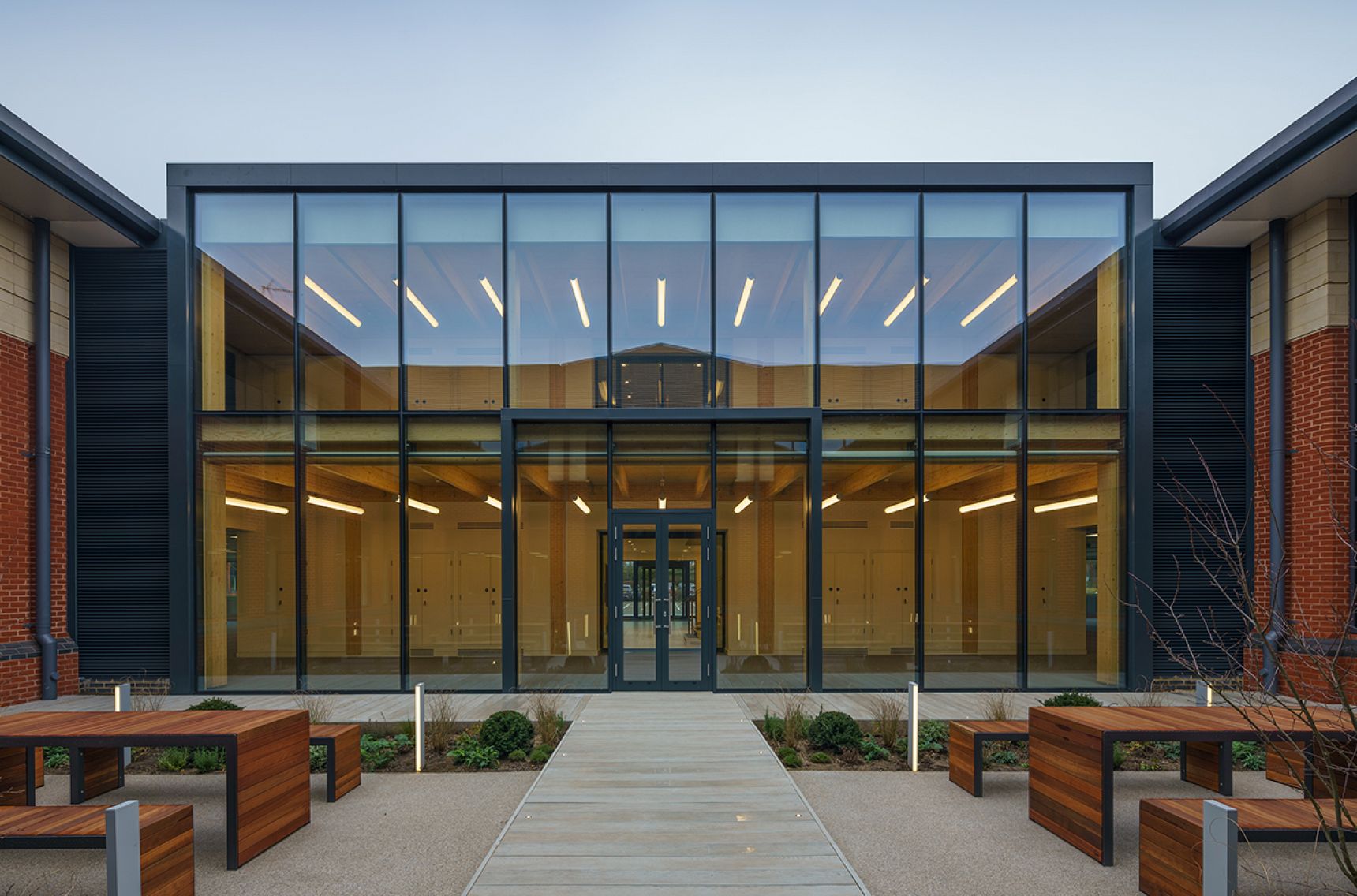
I didn’t really choose engineering but fell into it – ‘slid in on a banana peel’ as the Swedish expression goes. Studying engineering came out of an attempt to map my interests – art, mathematics, science and philosophy – onto a possible career path. Even at university I was unsure about engineering, and while I loved the mathematics and physics-based classes, without real life experience I found the more practical classes archaic and alien. After university I accepted a structural engineering role in the Ramboll Cambridge office. As I started seeing how structural engineering could be applied in the real world something clicked and I have never looked back.
I’m the acting chair of the TFG monthly meetings helping with the overall organisation and planning. We try to keep the group structure as flat, flexible and open as possible and come together as a team every few weeks, to discuss recent developments and ideas for research. We then take on research actions in smaller groups or individually, presenting and discussing our findings when we next meet. I have had the pleasure of putting together our company timber fire strategy, organising noise testing on live projects and bringing in expert speakers.
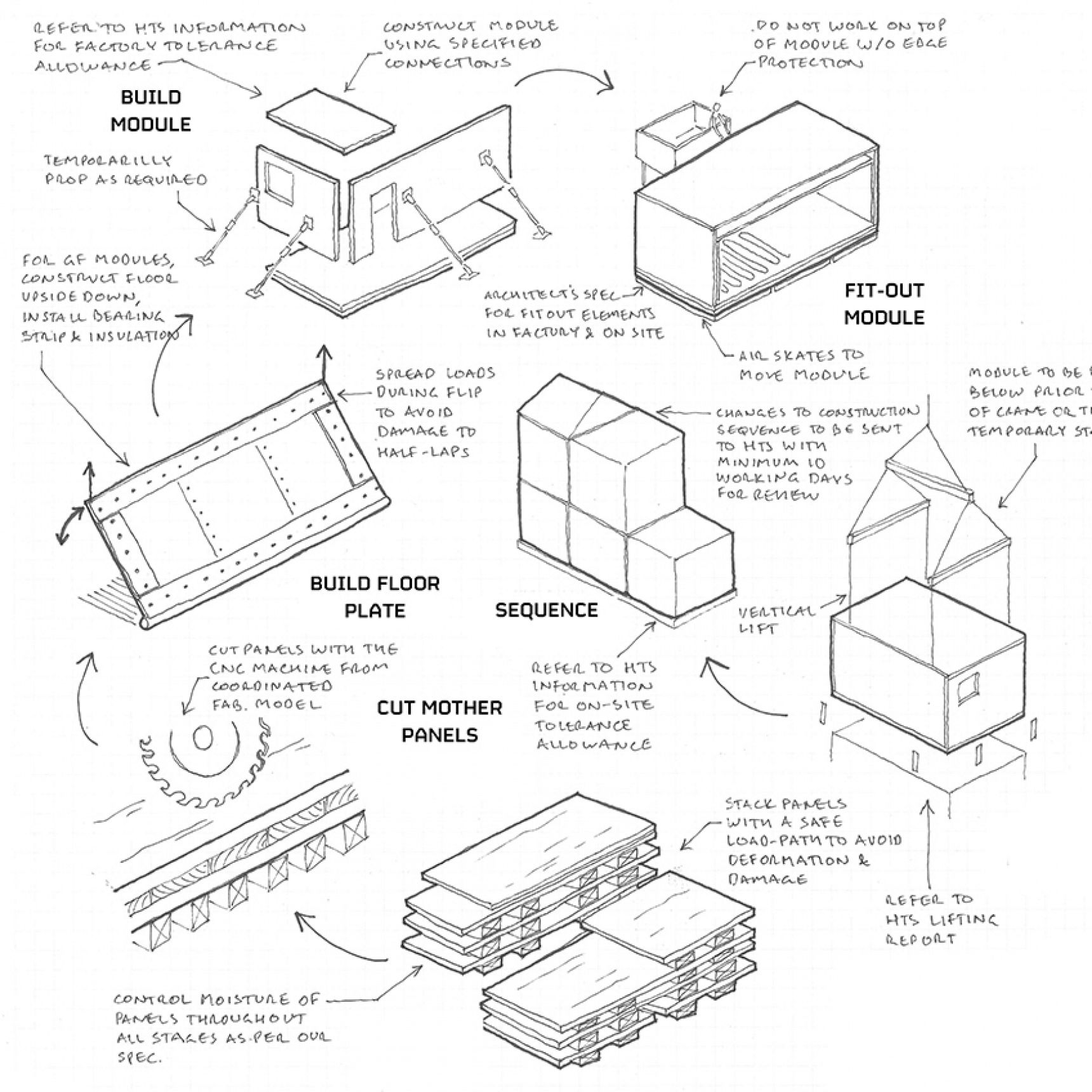
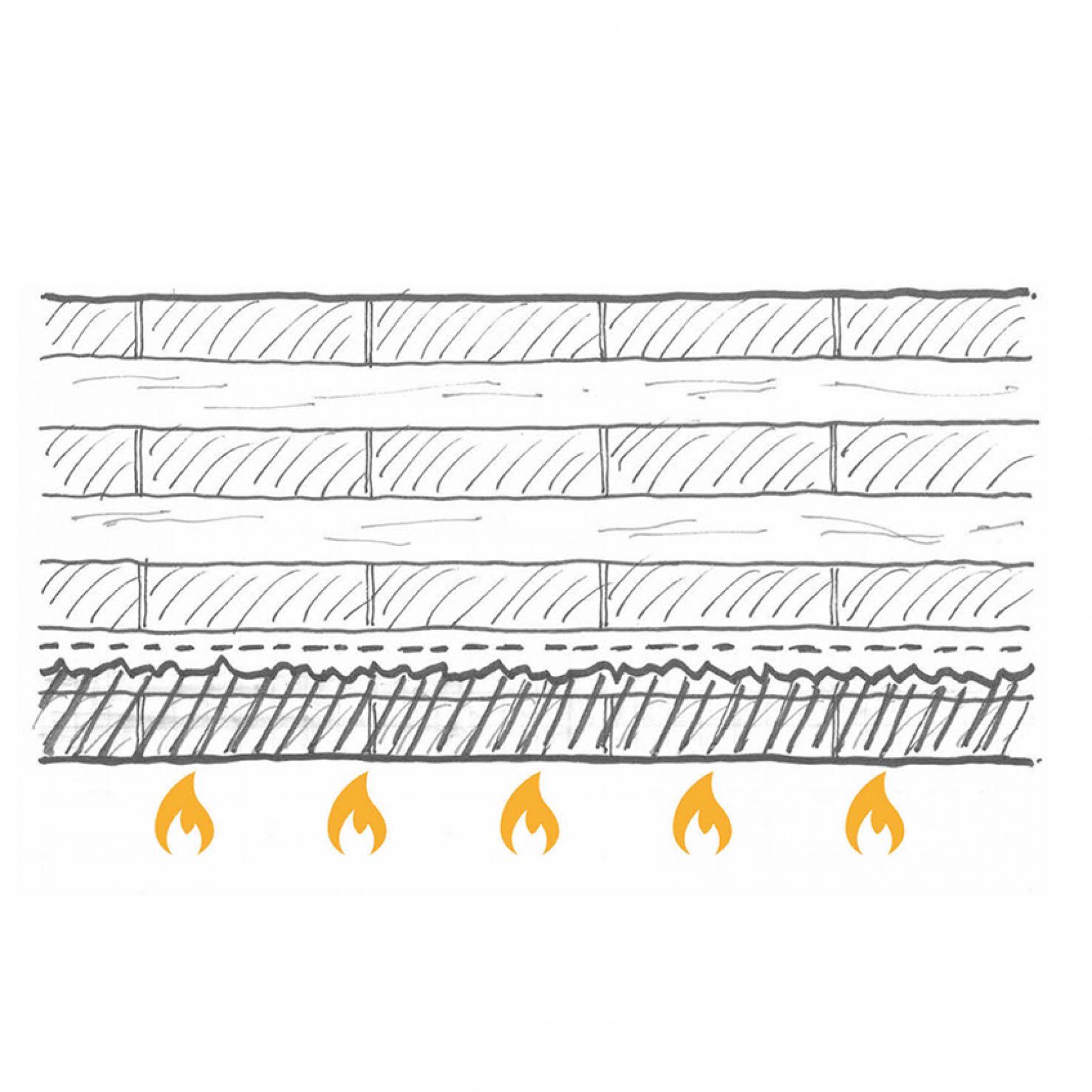
While we have made good progress on many technical subjects, the most positive realisation I’ve had is actually how engaged and interested colleagues are in timber construction and consequentially how large and dynamic the group has become. This is reflected in the wider industry where curiosity about timber design is exploding. Consultants, contractors and clients are committing to sustainable construction goals and we are finding a sharp rise in demand for the timber presentations we offer to help educate the industry. It appears to me that people are starting to really care about sustainability rather than just the appearance thereof, a very positive sign!
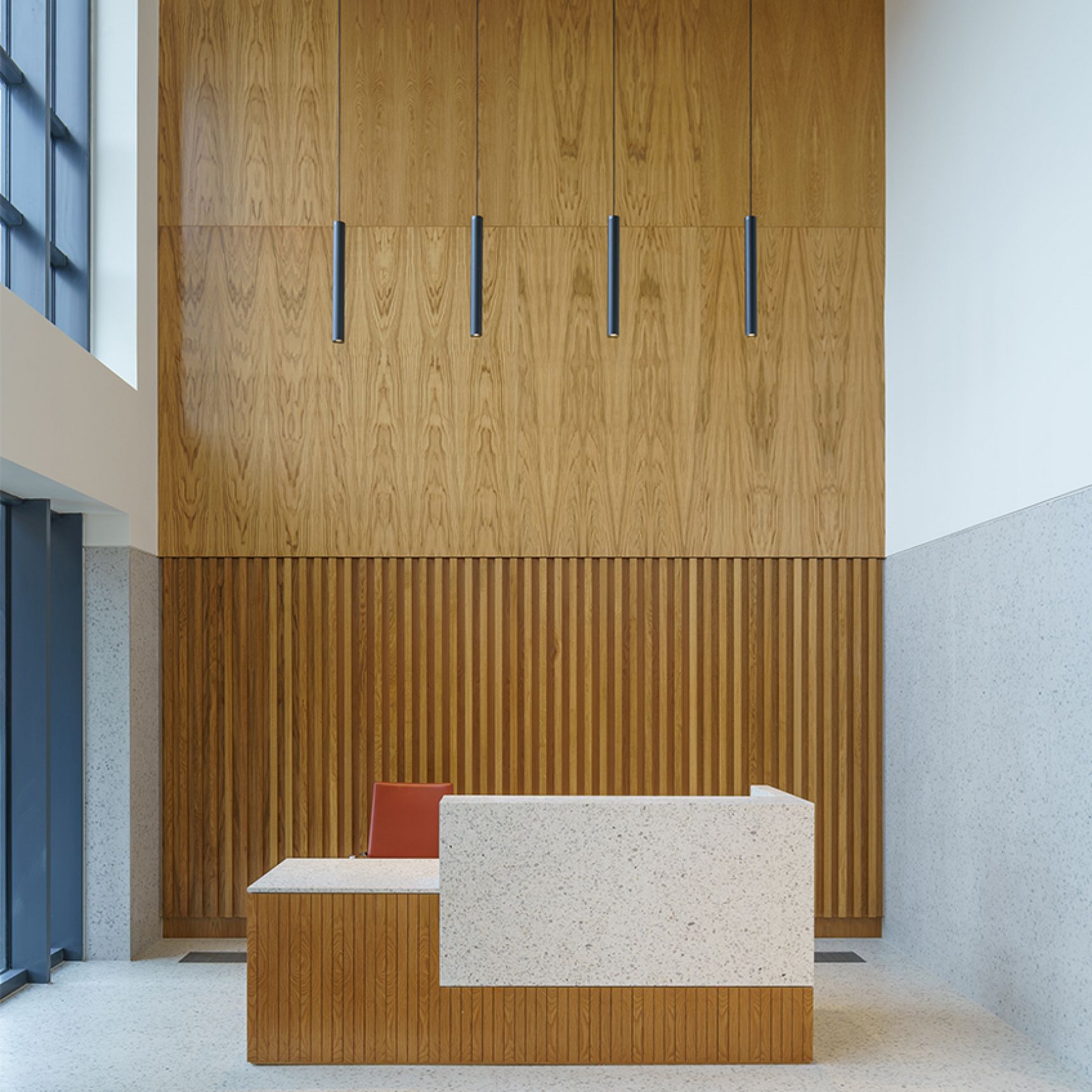
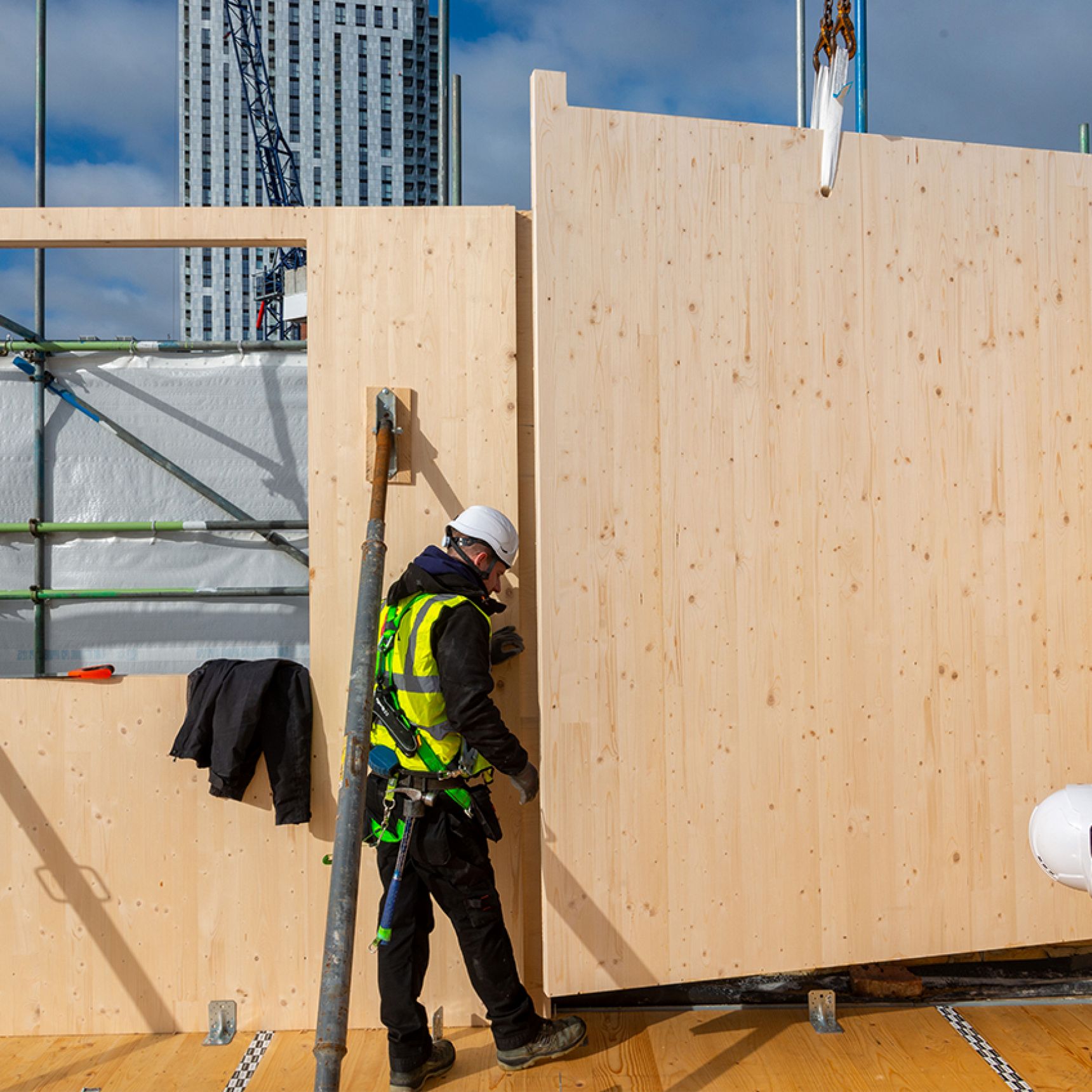
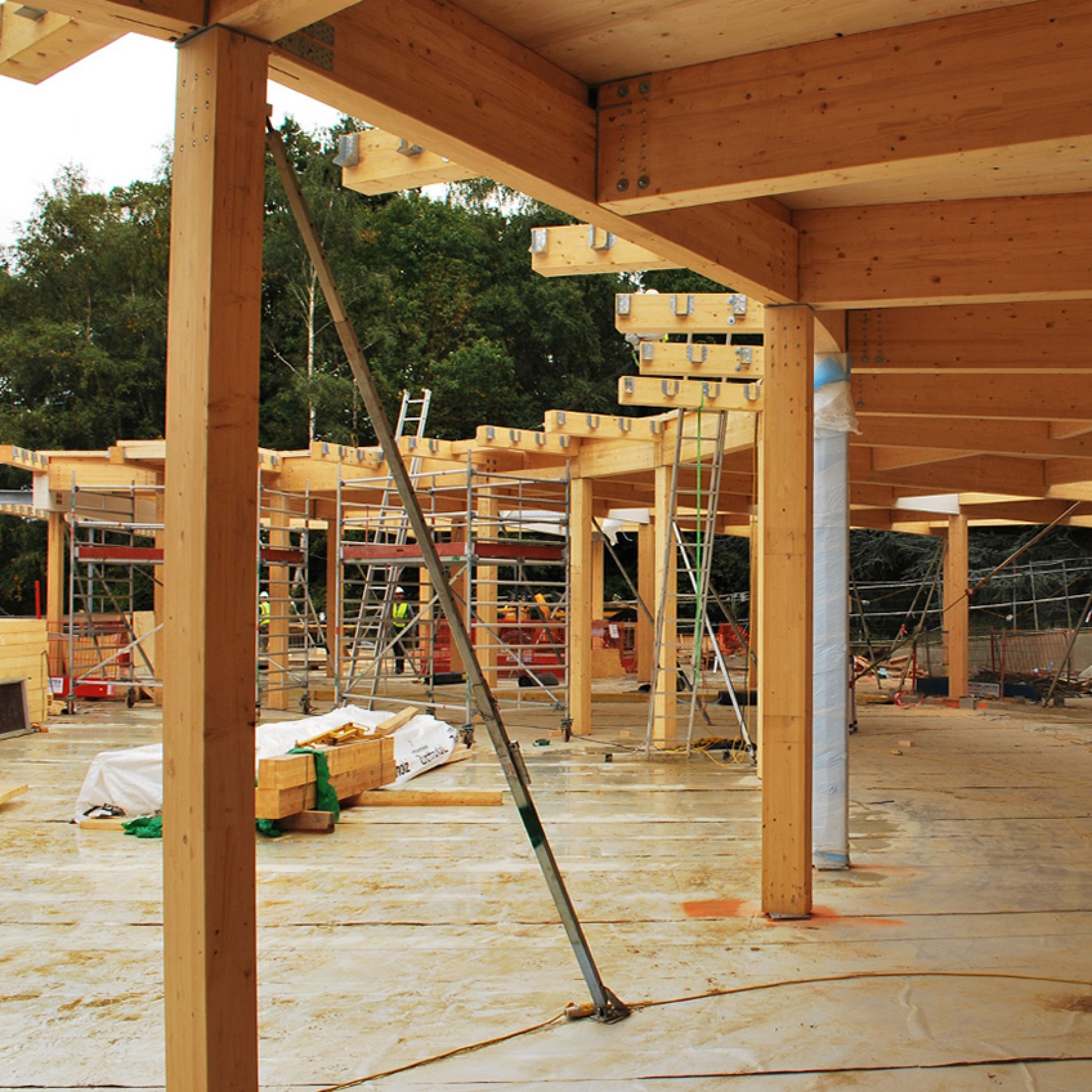
I have learnt a huge amount about timber construction over the past 5 years, and the industry itself has changed radically.
If I could give some practical advice to aspiring timber engineers it would be:
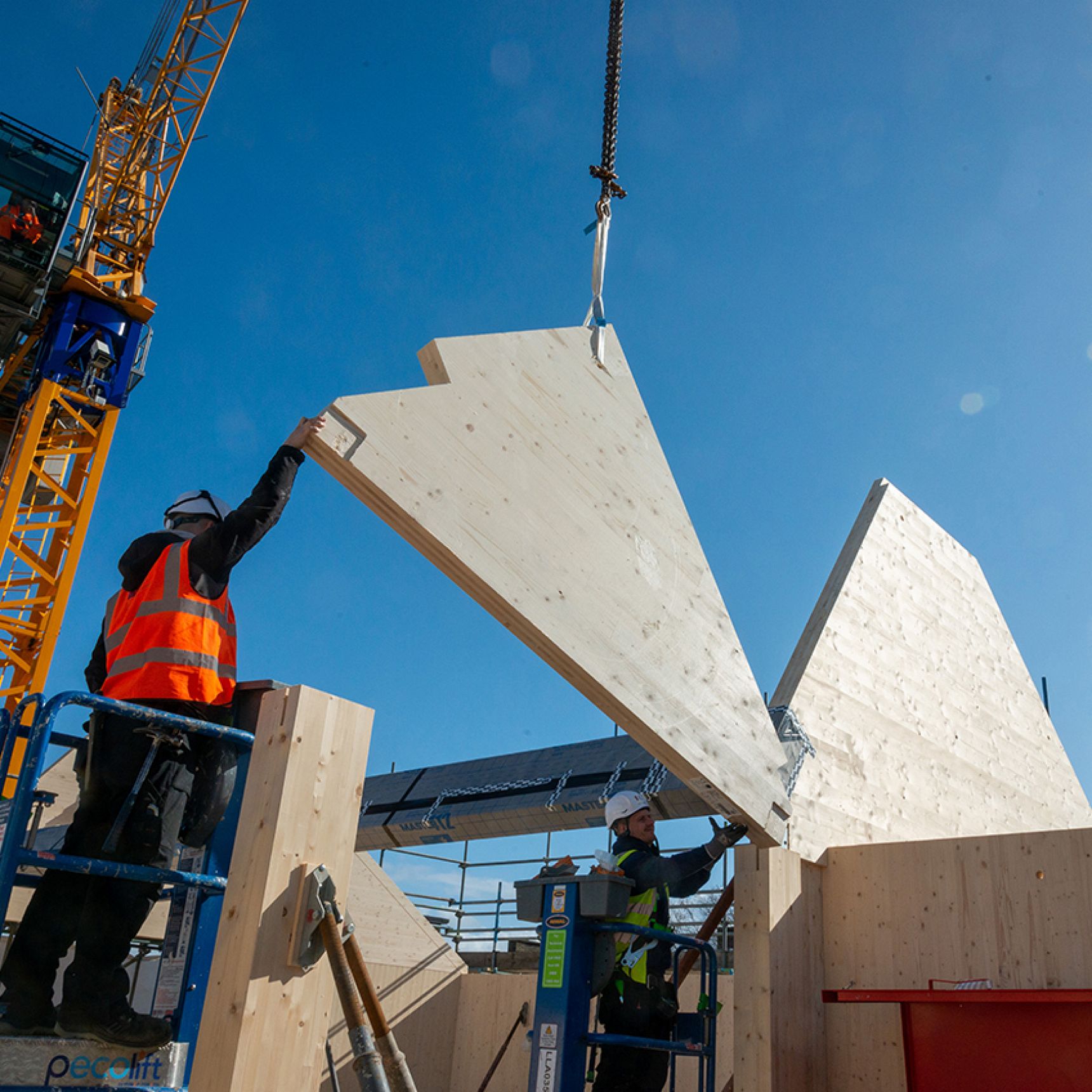
I am excited to see timber engineering becoming more mainstream within a number of sectors as the industry becomes more comfortable with its use and the demand for sustainable construction materials increases. I hope to see simplified verifications and rules of thumb become available for timber design to allow its widespread application, including subjects such as vibrations, acoustics, fire performance, tall buildings and moisture control. In the near future I am hoping to see further developments in vibrational analysis, composite design and services penetrations through timber beams.